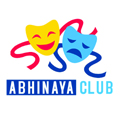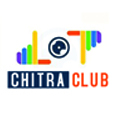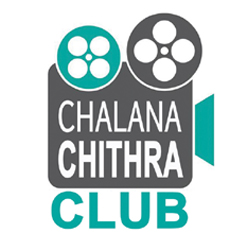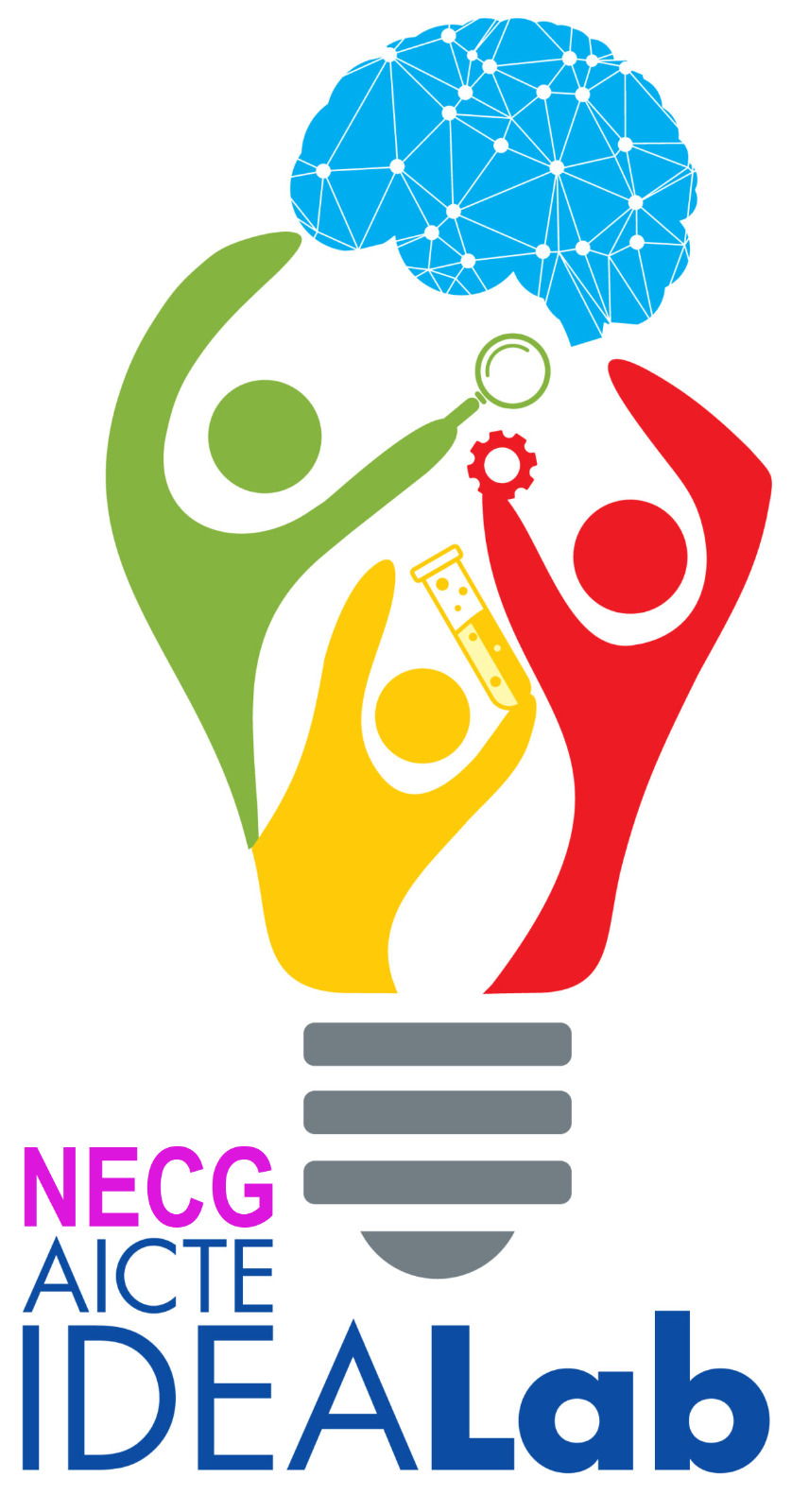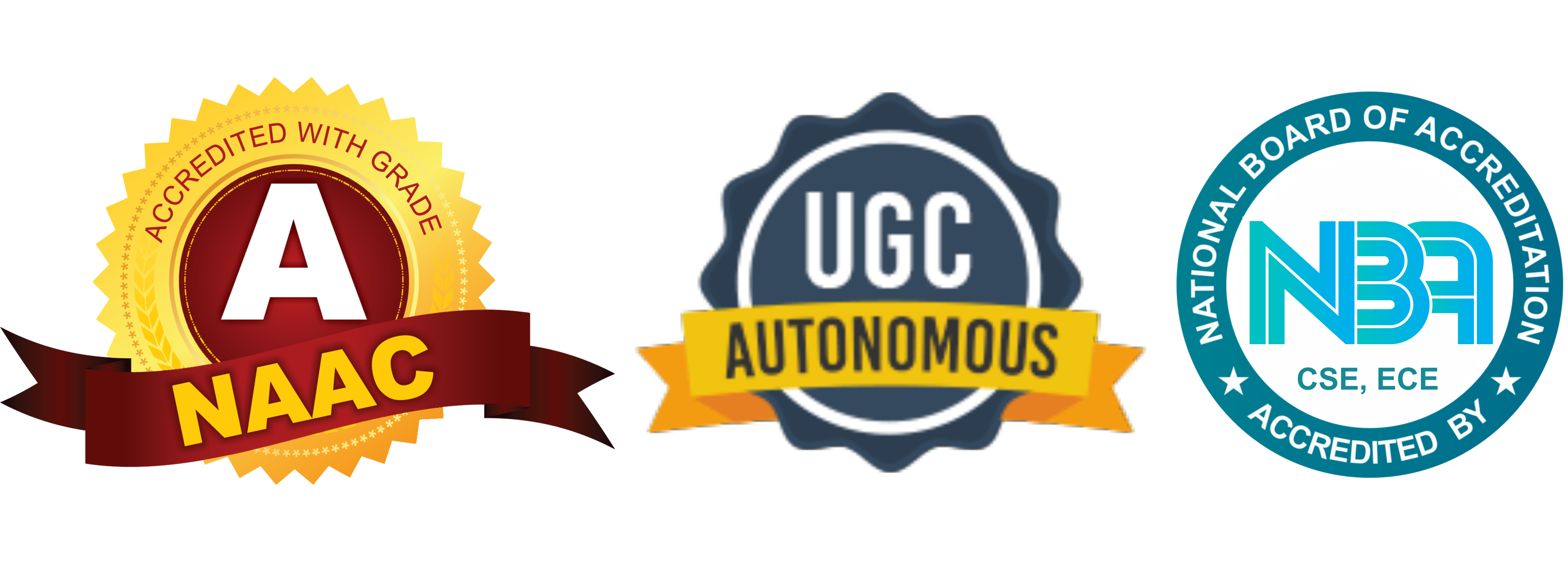COMPUTER SCIENCE AND ENGINEERING
Computer science engineering (CSE) is one of the popular courses among engineering aspirants which focuses on the basic elements of computer programming and networking. Students pursuing computer science courses will gain knowledge of design, implementation and management of information system of both hardware and software. Going by the name, CSE course deals primarily with the theory of computation and design of computational systems.
The Department of Computer Science and Engineering (CSE) was established in the year 2001, with the commitment of continually improving its educational environment in order to develop graduates with the strong academic and technical backgrounds needed to achieve distinction in their discipline.
The Department has various laboratories with upgraded and genuine softwares, a well equipped seminar hall and a Department Library.
Programmes offered by the Department :
- B. Tech - Computer Science and Engineering – Intake - 120
- M. Tech - Computer Science - Intake - 18
Enhancement of Teaching and Learning:
- The Department organizes various Faculty Development Programmes.
- Periodic guest lectures, workshops are organized for the benefit of students to supplement their curriculum.
- The Department focuses on development of materials for the improvement of class room effectiveness and encouragement of high academic standards.
- The department maintains individual course documents which includes Syllabus, Lesson Plan and Lecture Notes.
Vision:
- To be a Centre of Excellence in the Discipline of Computing.
Mission:
- To encourage students to become self-motivated, problem solving individuals and life-long learners who will contribute positively to the economic well-being of our region and nation.
- To provide the students a strong fundamental technical education that makes them capable of catering to the needs of a changing technological environment and the society.
- To nurture the innovative capabilities of students by providing them with a research platform and exposure to current technologies.
- To Nurture students to contribute to dynamic industrial needs.
PROGRAMME EDUCATIONAL OBJECTIVES (PEOs):
Program Educational Objectives (PEOs) are broad statements that describe what graduates are expected to attain within the duration of graduation. Program educational objectives are based on the needs of the program’s functional areas.
- Learn and Integrate.
Graduates of the program will be proficient in identifying, formulating and solving computing problems by applying their knowledge of mathematics, computer science and scientific methods. They will be aware of the role of computing in multiple disciplines. - Think and Create.
Graduates of the program will be capable of specifying the requirements of a computing system. They will be capable of modelling, designing, implementing and verifying a computing system to meet the specified requirements while considering real-world constraints. - Communicate.
Graduates of the program will be capable of communicating effectively with team members, cilents and the public. - Clarify Purpose and Perspective.
Graduates of the program will be aware of the benefits of developing their understanding and professional capabilities through lifelong learning. - Practice citizenship.
Graduates of the program will have knowledge of professional and ethical responsibility and will contribute to the society through active engagement with professional bodies, schools, civic organizations or other community activities.
PROGRAMME OUTCOMES (POs):
Graduates of our Institution will possess:
- An ability to apply knowledge of computing and mathematics appropriate to the discipline.
- An ability to analyze a problem, identify and define the computing requirements appropriate to its solution.
- An ability to design, implement and evaluate a computer-based system, process a component or program to meet the desired needs.
- An ability to function effectively with teams to accomplish a common goal.
- An understanding of professional, ethical, legal, security and social issues and responsibilities.
- An ability to communicate effectively with a range of audience.
- An ability to analyze the local and global impact of computing on individuals, organizations and society.
- An ability to engage in continuous professional development.
- An ability to use current techniques, skills and tools necessary for computing practice.
- An ability to apply mathematical foundations, algorithmic principles and computer science theory in the modelling and design of computer-based systems in a way that demonstrates comprehension of the tradeoffs involved in design choices.
- An ability to apply design and development principles in the construction of software systems of varying complexity.
PROGRAMME SPECIFIC OUTCOMES (PSOs):
S.No |
Name of the faculty |
Designation |
1 |
Prof. P Venkateswara Rao |
Professor & HoD |
2 |
Dr. V Sucharita |
Professor |
3 |
Dr. A Narayana Rao |
Professor |
4 |
Dr. T Swarna Latha |
Professor |
5 |
Mr. N Koteswara Rao |
Associate Professor |
6 |
Mr. N Kesava Rao |
Associate Professor |
7 |
Mr. K Vijaya Bhaskar Reddy |
Associate Professor |
8 |
Mr. V Chandra Sekhar Reddy |
Associate Professor |
9 |
Mr. K Venkata Rathnam |
Associate Professor |
10 |
Mr. K Srinivasa Murthy |
Assistant Professor |
11 |
Mr. CH D Sunil KUmar |
Assistant Professor |
12 |
Mrs. K Madhavi |
Assistant Professor |
13 |
Mr. B Sunil Kumar |
Assistant Professor |
14 |
Mr. K Nagendra Rao |
Assistant Professor |
15 |
Mrs. D Saritha |
Assistant Professor |
16 |
Mr. Sk Aseef |
Assistant Professor |
17 |
Mr. G Praveen Kumar |
Assistant Professor |
18 |
Mr. P Harsha Vardhan Reddy |
Assistant Professor |
19 |
Mr. K Koteswara Rao |
Assistant Professor |
20 |
Ms. CH Roopa Rekha |
Assistant Professor |
21 |
Ms. M Sujana |
Assistant Professor |
22 |
Mr. M Revanth |
Assistant Professor |
23 |
Mr. Ch Sreeramulu |
Assistant Professor |
24 |
Mr. Sk Shareef |
Assistant Professor |
25 |
Ms. NVS Deepthi |
Assistant Professor |
26 |
Mr. P Sandeep Kumar |
Assistant Professor |
27 |
Mr. N Yedu Kondalu |
Assistant Professor |
Laboratory Facilities
The Department is well equipped with seven diversified laboratories, including a dedicated laboratory for the Post-Graduate students installed with a variety of software; catering to the needs of the students and matching the curriculum specified by the affiliated University.
The laboratories include:
- Basic Programming Lab
- Operating Systems Lab
- Computer Networks Lab
- Database Management Systems Lab
- Data Mining & Web Technologies Lab
- UML & Testing Lab
- Java Programming Lab
- Mobile Application Development Lab
- Java Programming Lab
- Internet Lab

|  |

|  |

|  |

|  |
To conduct Technical seminars and General Seminars for graduate and post-graduate students; a fully equipped Seminar Hall, with a seating capacity of 240 is attached to the department. The equipment consists of one Overhead Projector, one LCD projector, a Laptop and a Public Addressing System.
Class Rooms
Each class room is furnished with a Overhead Projector, an LCD projector, and a Laptop dedicated to support the e-Learning process. The class rooms are Wi-Fi enabled ones in order to support the e-Learning Initiative. Department Library
The department library is located in a spacious room, which has more than 1000 books and approximately 1500 volumes covering a wide range of subjects on Database Systems, Software Engineering and Methodology, Operating Systems and Programming Languages, Problem solving , Computing, Formal Languages and so on.
Students Achievements
Faculty Achievements
Syllabus
III & IV Year R15
IV Year R13
Timetables
Academic Calender
Placements
Internships
Industrial Visits
Events
Publications in International Conferences
Publications in International Journals
Publications in National Conferences
Events










Events
Events
Events
Events
Events
Events
Newsletter































Mr. P VENKATESWARA RAO
Professor & Head,
Computer Science & Engineering,
Narayana Engineering College ,Gudur.
Mobile: 9100051659.
Email : csehodnecg@narayanagroup.com.

